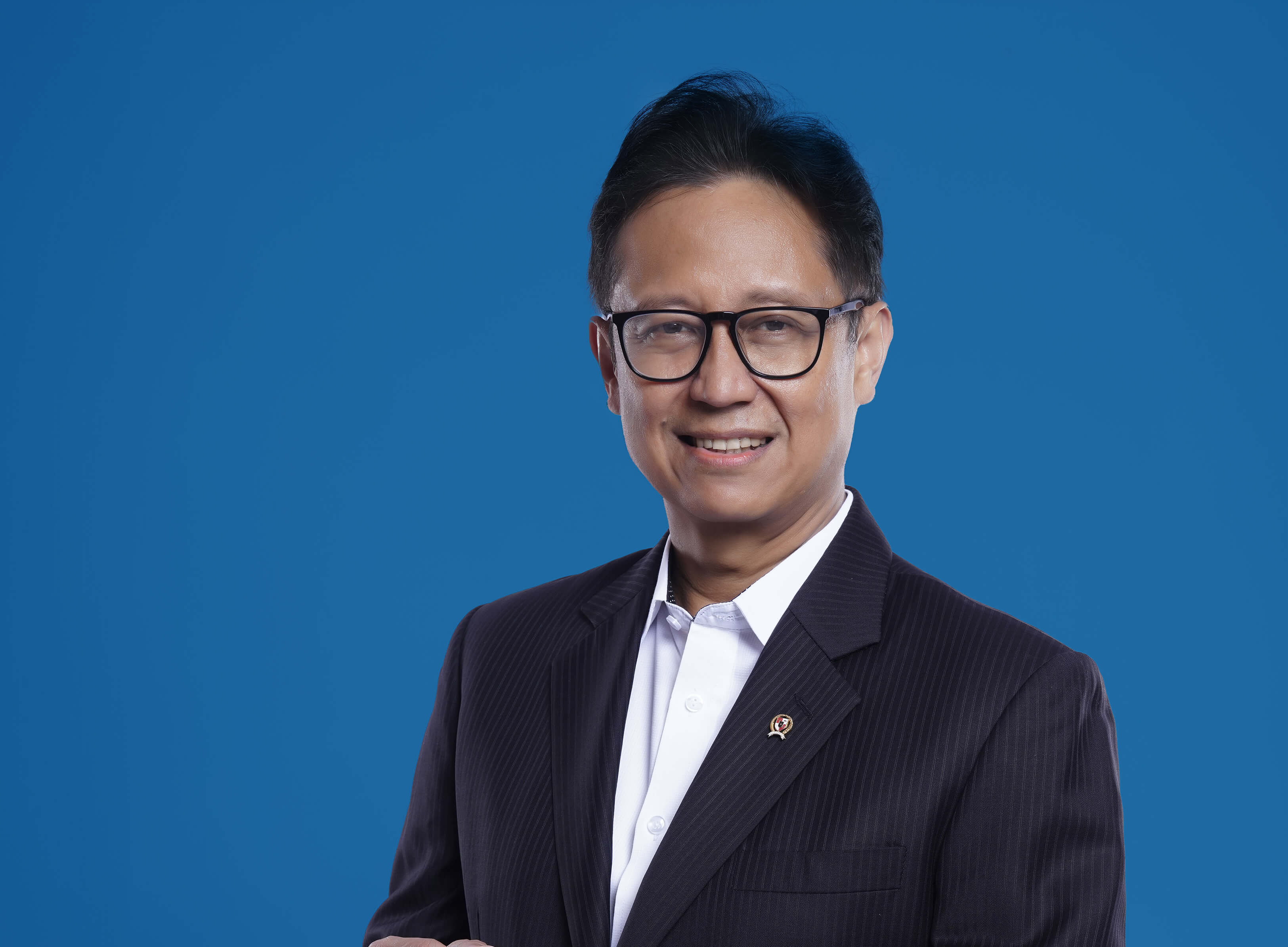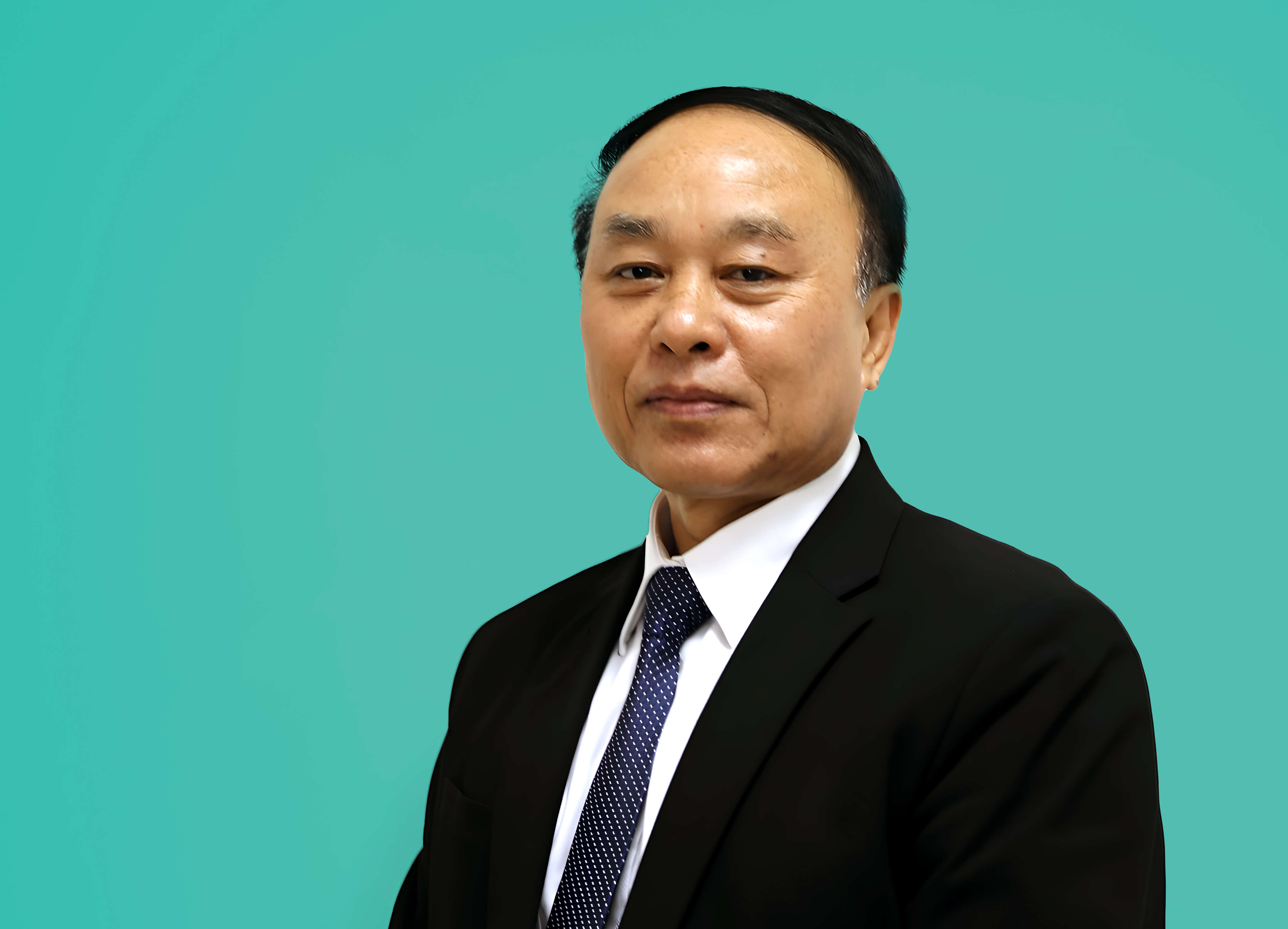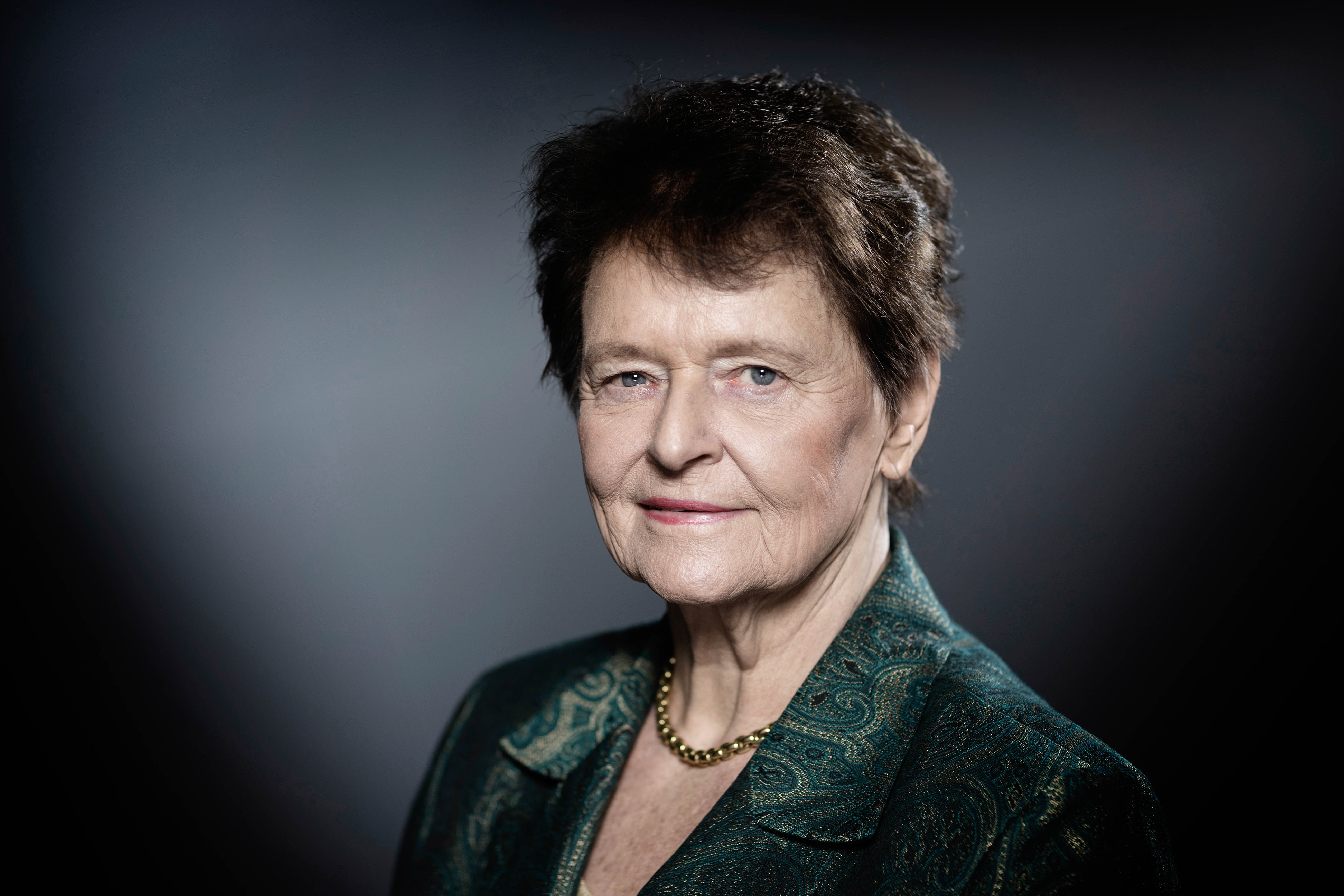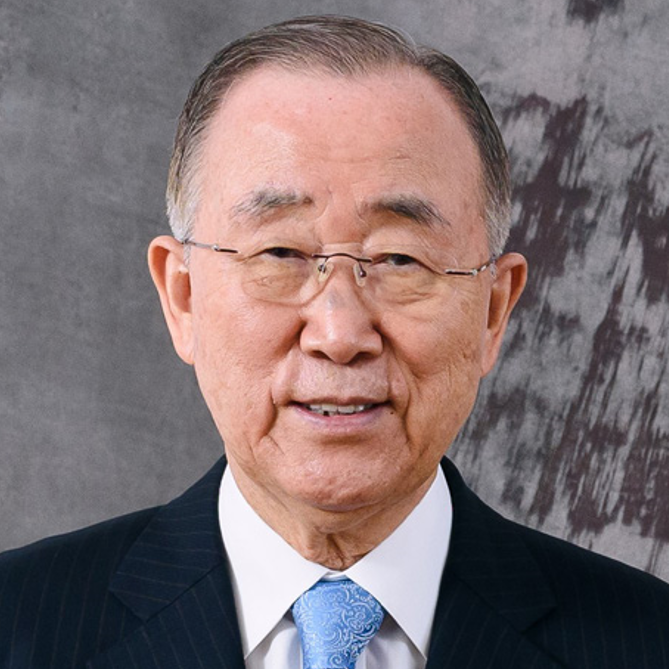
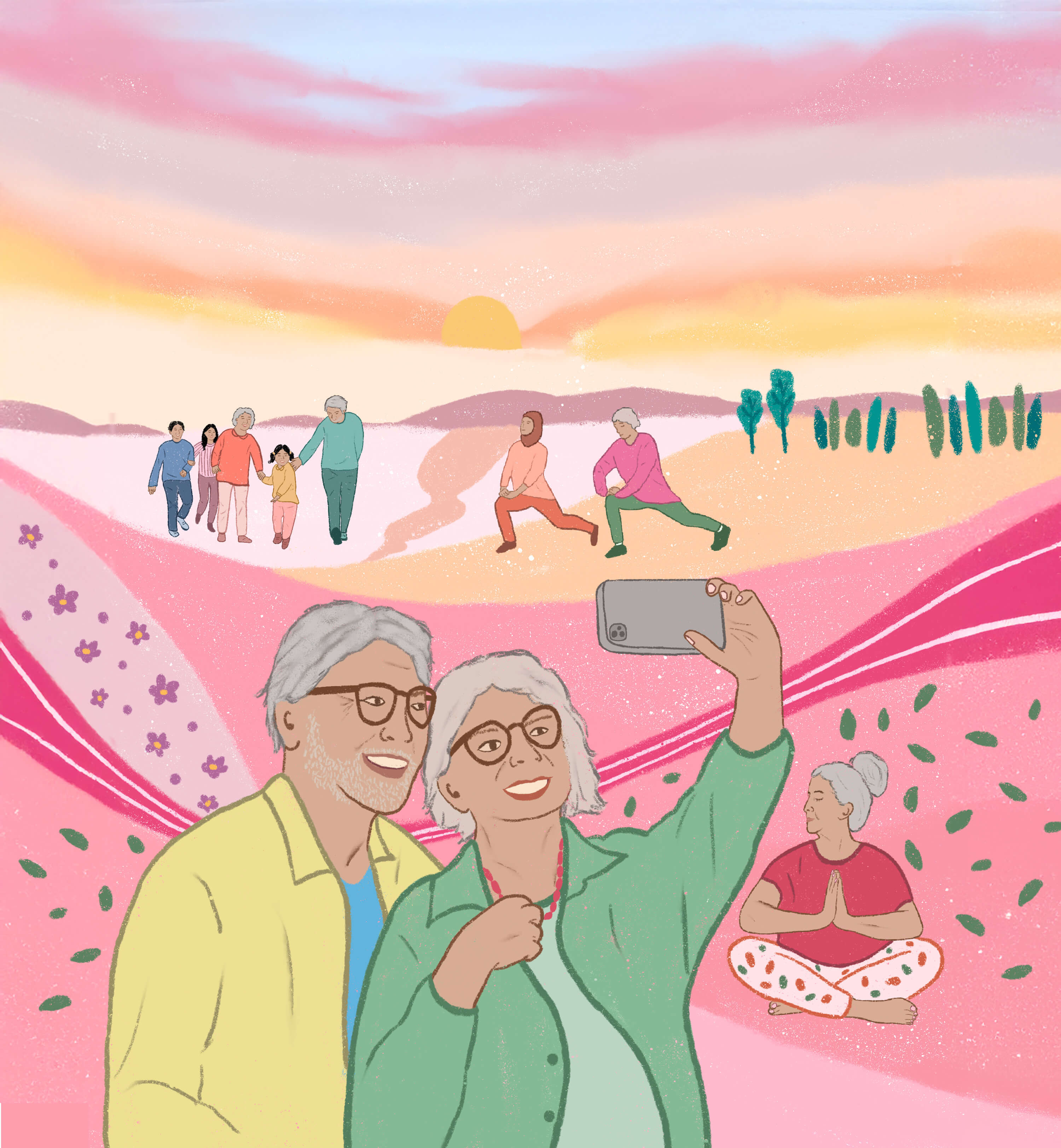

Former UN Secretary-General Ban Ki-moon reflects on his 10-year tenure as chief diplomat and development advocate, and the role that mutlilateralism plays in addressing ongoing and emerging global challenges.
After leaving his UN post, Mr. Ban founded and now co-chairs the Ban Ki-moon Centre for Global Citizens (with former Austrian President Heinz Fischer) whose mission is to “use its expertise and network to work for peace, poverty eradication, empowerment of youth and women, justice, and human rights worldwide.”
You headed the largest global organisation for a decade. Having had the benefit of hindsight and some distance after your stint with the UN, what insights can you share about: What does it take to make an intergovernmental organisation be continuously relevant and responsive to the needs of its community of nations?
I believe trust is key when it comes to the relevance of intergovernmental and multilateral organisations. Always keeping the common goal first, for a better future for all, embodying a cooperative mindset—that is essential for working together across nations. In the wake of the United Nations’ 75th anniversary, Glocalities conducted a study on trusting multilateral entities covering people from 26 different countries. The results reflected two very important notions. Firstly, the study revealed that the ongoing challenges of our time, including the pandemic, climate change, discrimination, and human rights violations, are significant concerns of local, national, and international communities. Secondly, it revealed that people who trust the United Nations recognise it as a multilateral entity which unites the values of human rights, human dignity, peace, and education. When I assumed office as the Secretary-General of the UN, I looked into the work ahead and my agenda for the next few years and I defined the institutional problems I needed to tackle as “financial, physical, political, and environmental.” Previous agendas had addressed the symptoms of these issues but not the causes. I wanted to create a culture of transparency and fairness that would address the needs of the world. I have always had confidence in reform as it signifies our belief in the future of the organisation.
How can the UN get governments to act on matters of global importance and great urgency, such as climate change, peace and security, and other big issues?
I am grateful that during my tenure as United Nations Secretary-General, we witnessed two major moments of unanimous international action: The signing of the Paris Climate Agreement and the adoption of the Sustainable Development Goals, both taking place in 2015. These two agreements are the very essence of collective action. We must realise and not forget that global issues need global collaborative solutions. No country is on its own. We have seen this clearly with COVID-19. The current pandemic has tragically exacerbated humanitarian crises and the impact of climate change. It also caused further economic disparity around the globe. Governments need to act and make a sustained commitment, rather than be caught up in election cycles and quick wins. Meaningful action towards the Agenda 2030 is possible when governments have popular support. Recent trends show that by using the positive potential of social media and digital citizenship, peaceful campaigns started by youth activists are influencing governments and changing the discourse. We need such inspiring leadership and creativity to raise public awareness and mobilise political action for a world where no one is left behind.
Before the COVID-19 pandemic hit, there seemed to be a global trend towards nationalist and protectionist policies. Do you think that has changed? Does the current crisis make a stronger case for multilateralism?
The COVID-19 pandemic has raised complex questions for global leaders and reminded us of humanity’s common vulnerabilities and challenges. There is no doubt that the COVID-19 pandemic has exacerbated inequalities. Women and youth, in particular, have been disproportionately affected in all countries, however prosperous they may be. This shows that a pandemic does not recognise geographical, political, or social borders. We have to remain hopeful that we are able to learn from our mistakes. We need to strengthen international cooperation, coordination, and solidarity. We must learn together and not shy away from sharing experiences and solutions. This is the only way that we can create a more resilient world. All countries can only respond to contemporary challenges through effective multilateralism. Frankly speaking, when leaders forget about unity and collaboration, everyone loses out. Thinking in terms of “humanity as a whole” and acting as “global citizens” are crucial to overcoming the current global crisis and forging the way forward to our one common goal: the formation of an equal, just, and sustainable future for all. I am hopeful that global leaders will learn from the pandemic and embrace their obligation to improve the quality of life for all and not just their own people. Only when we are together can we hope to achieve a better world for all.
What more can be done multilaterally to put pressure on countries to meet their targets? How can the world best address this in the midst of this pandemic?
I am deeply troubled by the COVID-19 pandemic, the sputtering economy, failing food security, and the so-called vaccine nationalism of developed countries. I hope that the UN remains unified and reminds global leaders that they have an obligation to protect the dignity and well-being of all citizens. Countries and their leaders must continue to pursue anti-corruption efforts, peacekeeping, women empowerment and investing in young people. In the current situation the world is in, leaders must ensure cross-border cooperation for effective collective action which will allow equitable, inclusive, and sustainable development. Every country must be accountable on the part it plays. I always say we must use less, think long term, look beyond borders, build communities, foster empathy, and work for peace. I believe humanity has the power and motivation to save itself.
In your view, what trends and developments today will shape the global community in the next 20 years? Can you give us your most optimistic global scenario 20 years hence?
Youth-driven responses give me hope for our own future as well as the planet. Climate action, gender equality, ending poverty, ending hunger, caring for good health and well-being are goals for people and the planet and will lead to prosperity. The most optimistic scenario would be to see the SDGs and the Paris Climate Agreement fulfilled and implemented in 20 years’ time. However, as of today, I am worried about the world young people will inherit. Climate conditions are changing rapidly, the global economy has weakened dramatically, and multilateralism is often disregarded. We cannot ignore thinning ice, rising sea levels, the degradation of nature, and loss of biodiversity. All of this comes down to one thing: Climate change is evidently the ultimate threat to global peace, harmony, and security. I believe we can work past these calamities to achieve better lives. I remain focused on the SDGs, the Paris Climate Agreement, and the empowerment of women and young people. I am convinced that these two framework agreements can be the engines for peace and prosperity. Some progress has been made on climate change mitigation, but more needs to be done especially when it comes to climate change adaptation. I will follow the discussions and outcomes of COP26, this year’s biggest climate meeting, hosted in Glasgow at the UN Climate Conference in November. Now, more than ever we need to invest in our collective efforts. It is in our power to make 2021 a turning point for increased political and financial commitment to sustainability and climate action towards a better future for all, leaving no one behind.




